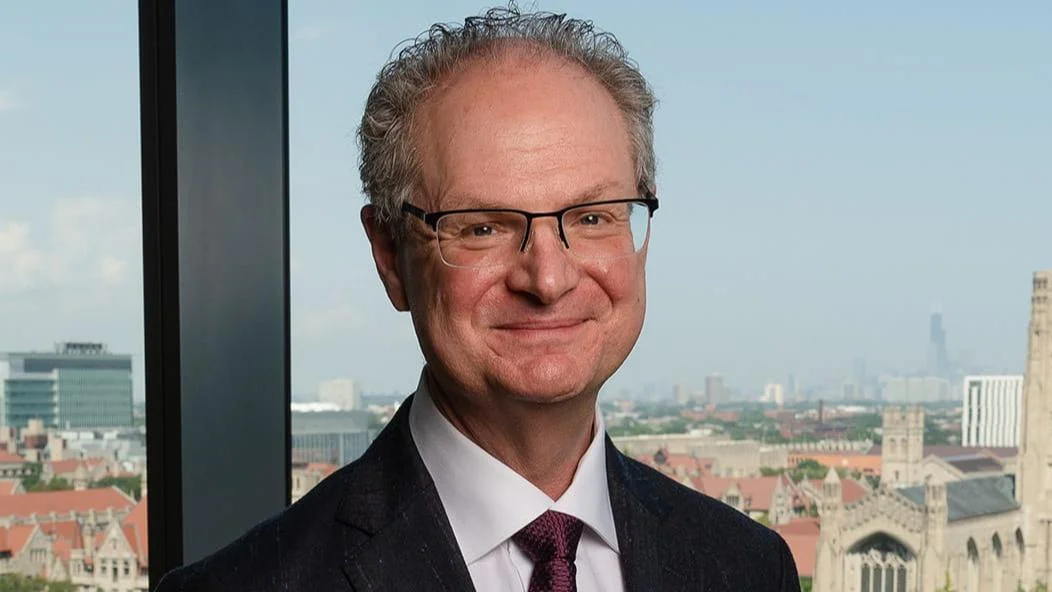Leaders from academia, government, and industry gathered on July 24 for a Capitol Hill briefing to discuss the future of quantum technology in the United States. The event, organized by the University of Chicago, focused on the need for continued investment and collaboration to ensure U.S. leadership in this emerging field.
University of Chicago President Paul Alivisatos addressed congressional staff and federal agency representatives at the briefing. He emphasized that quantum technology has the potential to revolutionize industries and drive economic growth, drawing a parallel with the transformative impact of artificial intelligence.
“We know that there's something truly transformative possible in the area of quantum technology,” Alivisatos said. “It will be possible to make extraordinary breakthroughs in communications, in cryptography, in quantum computing, but also in areas like medical imaging.”
The event featured speakers including U.S. Deputy Secretary of Commerce Paul Dabbar, Indiana Senator Todd Young (MBA’00), experts from the University of Illinois and University of Wisconsin, as well as leaders from the Chicago Quantum Exchange and several Midwest-based quantum companies. The aim was to highlight both UChicago’s role and the broader Midwest region’s contributions to advancing quantum research.
Alivisatos highlighted ongoing collaborations between UChicago, other universities, Argonne National Laboratory, and Fermi National Accelerator Laboratory as essential for maintaining leadership in quantum science. He noted that partnerships across academia, government, and industry are necessary for progress.
“There’s a kind of genius in the American system for science and innovation that brings all of those partners together,” he said. “When we get that right, the accomplishments are absolutely extraordinary. We have that possibility in quantum.”
Nadya Mason, dean of UChicago’s Pritzker School of Molecular Engineering and interim vice president for Science, Innovation, and Partnerships added: “It is our moment to make sure that we continue to lead, that we continue to collaborate and invest, to make sure this technology not only succeeds in the future, but succeeds here.”
Deputy Secretary Dabbar stressed collaboration amid global competition: “This is the time to push it over the edge.” He stated that a national strategy is being developed with priorities such as quantum networking and manufacturing. Dabbar also mentioned plans for Congress to reauthorize funding through the National Quantum Initiative.
Senator Young told attendees there is bipartisan support for investment in quantum technologies. He referenced recent legislation as an example: “Our very economy, our national defense, our way of life depends on quantum advancement and the United States leading the way,” he said.
A panel moderated by Kate Timmerman from Chicago Quantum Exchange included leaders from Boeing, IBM (including Jay Gambetta), Infleqtion, AeroQ and QoLab. They discussed innovations like new approaches to navigation and networking hardware while emphasizing federal support throughout all stages—from research through workforce development—is crucial.
Jay Gambetta urged setting ambitious goals: “Now is the time to be ambitious,” he said.
The University of Chicago has played a significant role nationally by supporting infrastructure such as one of America’s longest 124-mile quantum networks. The region hosts leading experts along with a strong industry base—supported by programs like Duality—the country’s first accelerator dedicated specifically for startups working on quantum technologies.

